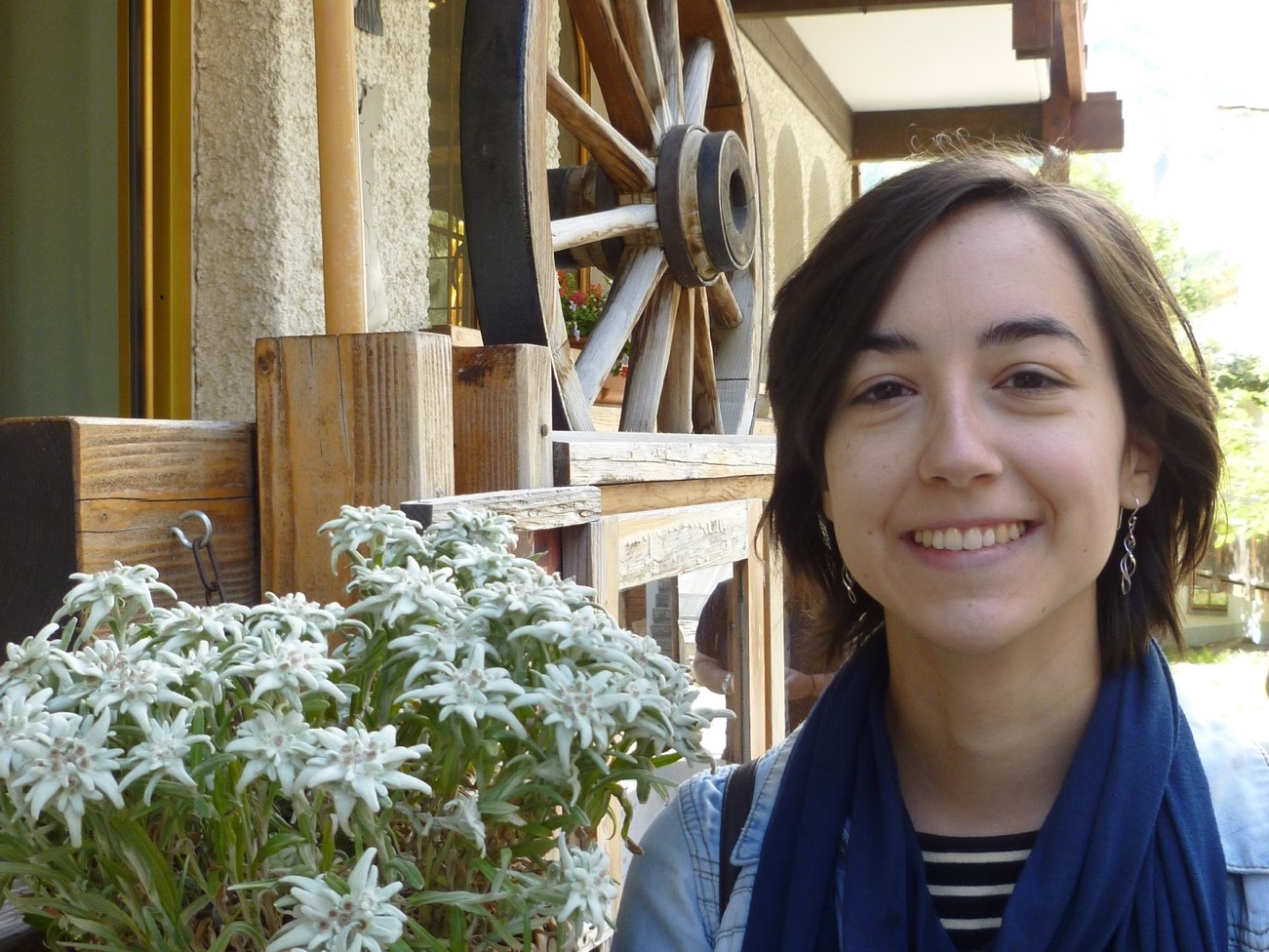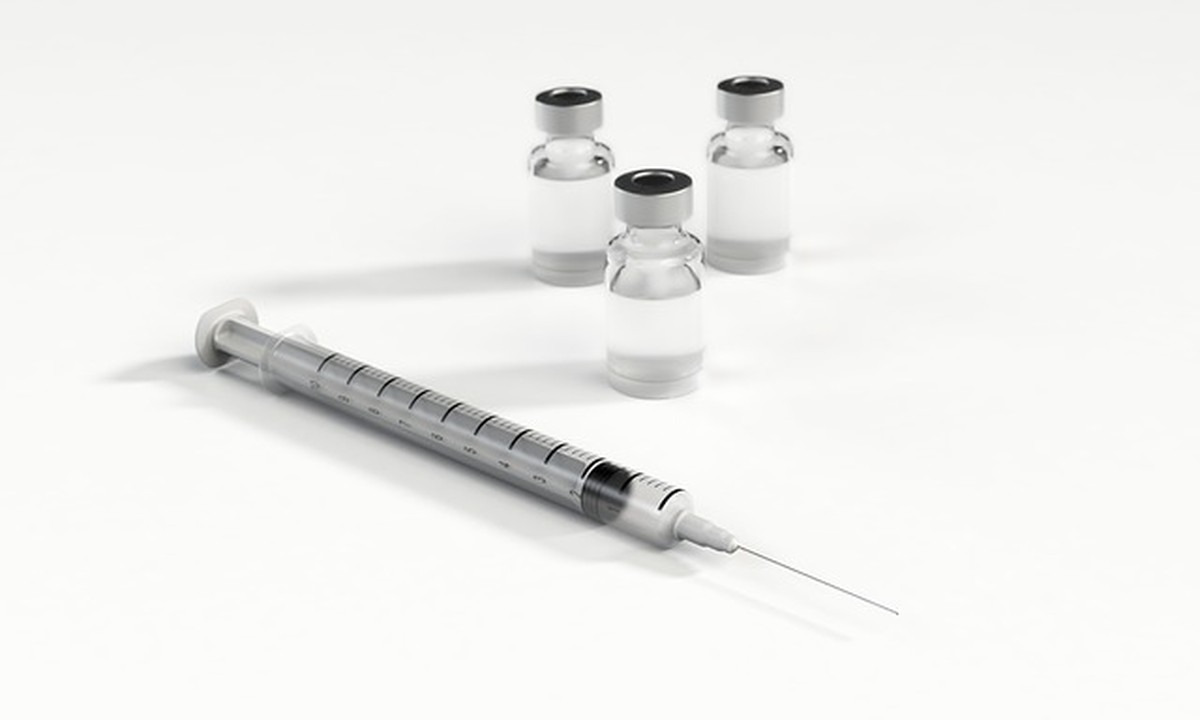"It seems to me very important to incorporate basic science into the global approach"
2018/11/02 Galarraga Aiestaran, Ana - Elhuyar Zientzia Iturria: Elhuyar aldizkaria

Irati Rodilla Ojeda graduated in Physiotherapy, but despite being working, she does not treat patients but has a doctorate in Pharmacology. It says that what is being done now is totally complementary to what has been learned before, as it is being investigated to improve the effectiveness and tolerance of opioids against pain.
In the Baccalaureate the road that leads him was started: “I was clear that I wanted to do some health sciences, but not medicine, something else.” Thus, after attending the biohealth baccalaureate and before entering the university, he spent two years as a technician in the clinical diagnosis laboratory. At the beginning of the second year, the degree of physiotherapy was implanted in the UPV-EHU, in Leioa, and finally decided to move.
“When I finished high school, I didn’t think about doing Physiotherapy, probably because I had to go out, but being there I was encouraged. It is not the usual way, since it means going from the laboratory to the patients to treat directly, but I did it very at ease,” says Rodilla.
And since it did not happen to him to choose Physiotherapy in high school, at the beginning of undergraduate studies he never thought he would have done a thesis. “However, between the first and second academic year I met a professor of degree who was doing his thesis in a group of Pharmacology, precisely in the same group in which I am now.”
He explains that this team investigates opioid analgesics: “Opiodes are very good analgesics but they produce tolerance, dependence and addiction. I started to help the teacher in some experiments, I liked a lot and at the end of the degree I decided to do the thesis. For this I did the Master of Pharmacology and now I am in the second year of the thesis”.
Rodilla recognizes that there has been a great change, since in other degrees it is more common to perform the thesis than in Physiotherapy. “However, I am satisfied. It is true that in some moments it is hard: you spend many hours in the laboratory, you have to read many articles and gives a lot of work, but I like it. I'm learning a lot and it seems very important to add a basic science to the general vision of the physiotherapist about the patient. Thus, besides applying a specific technique, I can know what happens at molecular or cellular level, and I will understand better what works and why, what suits...”.
He says that thanks to what he is studying in his thesis, he knows better the mechanisms of pain and analgesia, which, besides being interesting in himself, is very useful to improve the physiotherapeutic treatment. “And also the other way around: The knowledge provided by physiotherapy also supplements that of health and disease. In addition, the physiotherapist usually spends more time than the doctor with the patient and we know details that he does not know. Consequently, we can give you a more complete treatment. That satisfies me a lot.”
Opposition and research
However, not everything is gold, and it also finds disadvantages in its research work: “Besides being a hard workshop, the conditions are not good and we do not know if we can continue to do so. Stabilization is very difficult and the future is very difficult. You have to fill a lot of papers, lengthen the deadlines, there is less and less money and opportunities… In that we spend too much time and effort.”
However, the research process itself has a huge motivation: “Ask new questions, try ways to answer, compare results… All this attracts me and fills me with truth. In addition, in my field there is a lot of interdisciplinarity and that is very enriching.”
In the future, I would like to continue investigating, but I would also like to approach the clinic. In this way, he carries out courses to not forget and continue to deepen the knowledge acquired in Physiotherapy and is training to be a teacher. Finally, he studies Basque, “because I think the Euskaldunes patients will thank him.”
Born in Bilbao in 1992. After the technical cycle of the clinical diagnostic laboratory, he studied Physiotherapy at UPV. He then completed his Master's Degree in Pharmacology, Master's Degree in Drug Development, Assessment and Wise Use, and is now doing his doctorate in the Department of Pharmacology at the Faculty of Medicine and Nursing of the UPV.

Gai honi buruzko eduki gehiago
Elhuyarrek garatutako teknologia






